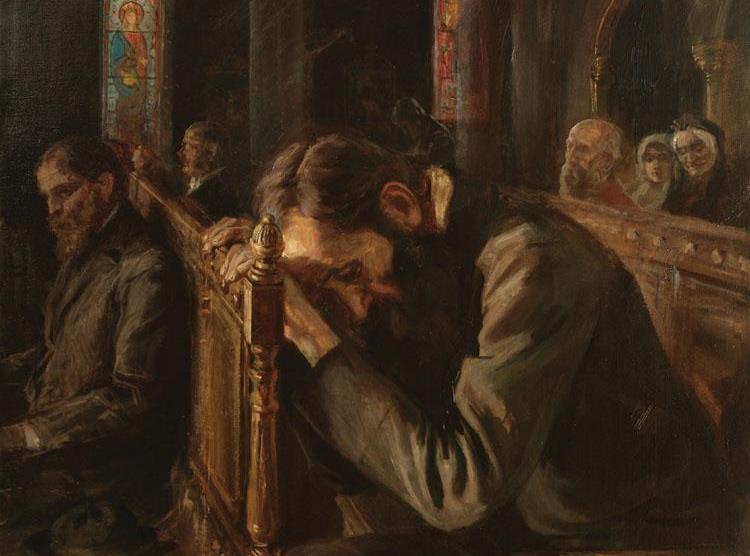Given a choice, most of us are more inclined to read contemporary fiction than the classics. If we are lucky, our high school and college teachers force us to tackle such works as “Hamlet,” “Jane Eyre,” and “Great Expectations,” but once we leave behind our desks and quizzes, we prefer John Grisham to Leo Tolstoy and Danielle Steel to Jane Austen.
This is unfortunate.






